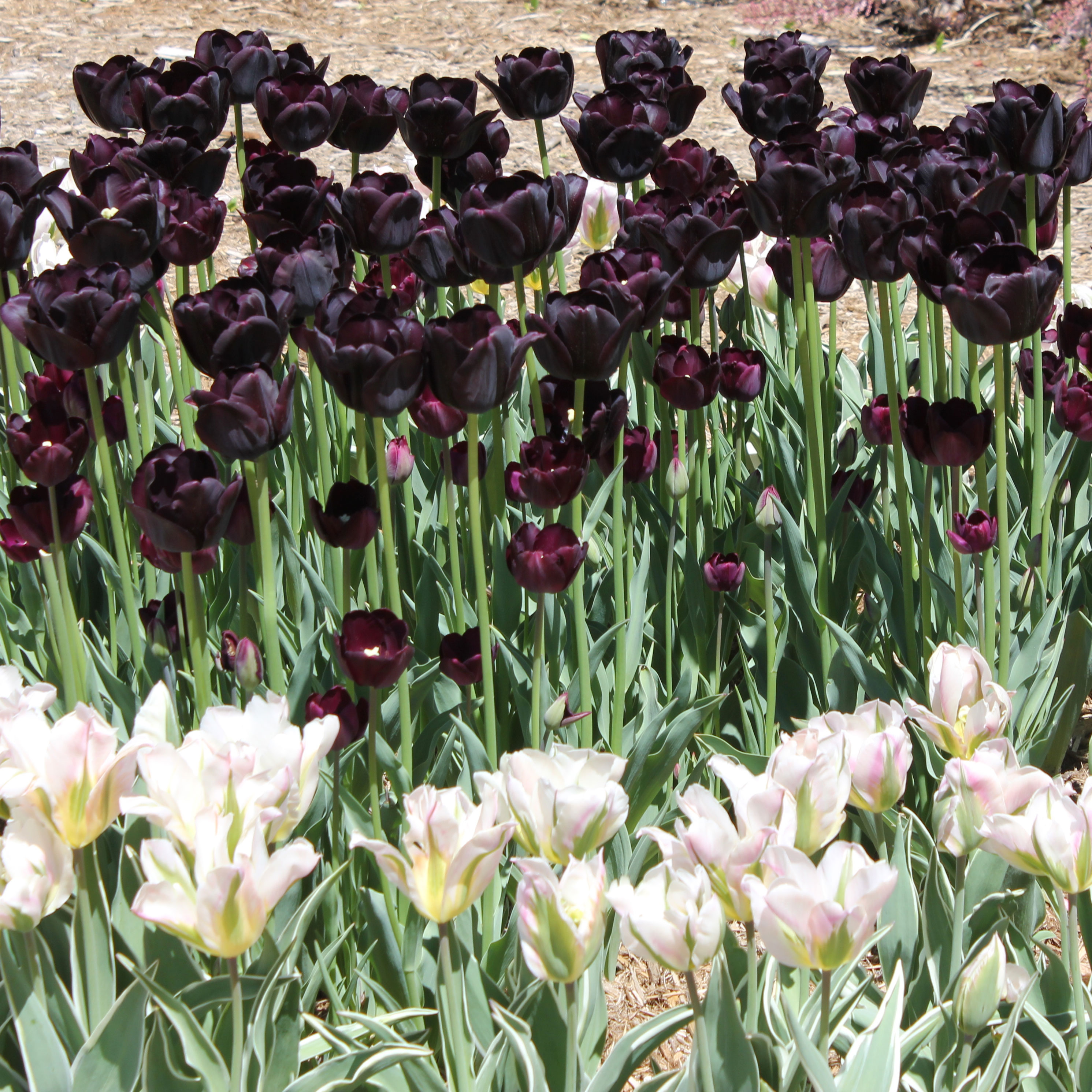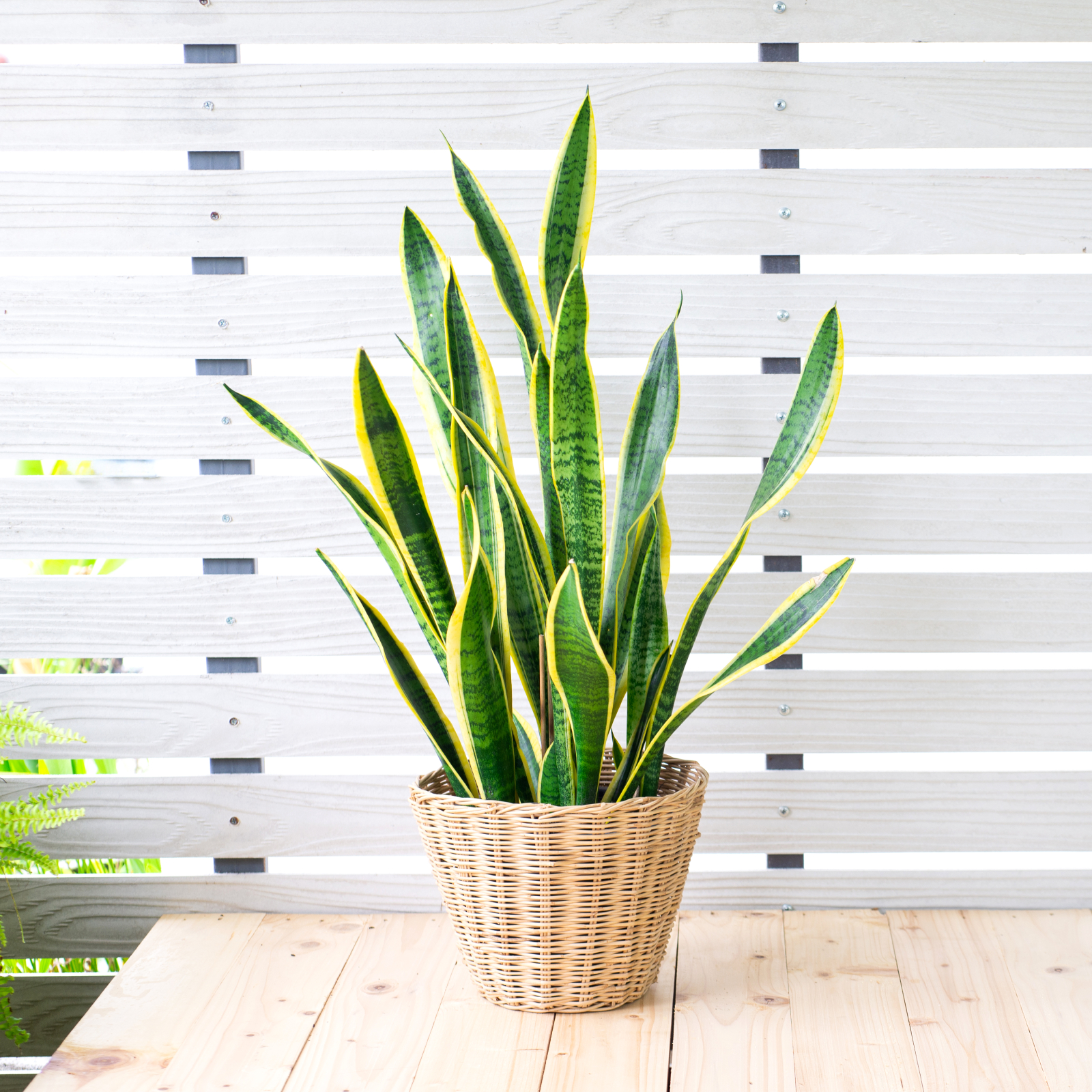Horticulture - what are the three main areas?
Horticulture involves the use of plants for beauty, comfort and food. It comes from the Latin for garden culture. It's possible to train in horticulture and be an expert in how plants are used, grown and harvested. It's an interesting aspect of modern culture, when you consider how much we rely on plants for pleasure and survival.
You can find out more about training in horticulture here. The aim of this article is to give you a brief introduction to the three main areas of horticulture.
Ornamental horticulture
As you might expect, ornamental horticulture is concerned with plants that are grown for their beauty. This can involve the growing of plants both indoors and outdoors. The color green is obviously a regular feature of this type of horticulture which is why it's often referred to as the green industry.
Olericulture
Olericulture is concerned with vegetable crops such as sweet corn and potatoes. It's not just concerned with the growing of these vegetables. Every aspect of the growing and selling process is covered by the topic. This includes the planting of vegetables, harvesting, storage and selling. There are nine major categories for these vegetable crops:
- Pot herbs and greens, which includes vegetables such as spinach
- Salad crops, which include lettuce and other vegetables that you would expect to find on a salad
- Cole crops, which includes cabbage and cauliflower
- Root crops, which includes potatoes and other tubers
- Bulb crops, including onions and leeks
- Legumes, which includes products such as beans
- Cucurbits, which includes cucumbers and their relatives
- Solanaceous crops such as peppers and tomatoes
- Sweet corn
Pomology
Pomology covers the same processes as covered by olericulture, except relating to fruit and nuts. The pomology industry is hugely important, as these types of food are vital to the health of the population. At a time when there is greater emphasis on eating less meat and more plants, nuts and fruits supply many of the nutrients that are essential for healthy living.
Studying horticulture
If you want to know more about horticulture, it's a fascinating field of study. It's a fairly intensive subject that often focuses on how we can grow plants in the most environmentally friendly manner possible.
Anyone wanting to study horticulture will normally have a scientific background, as the coursework involved usually includes aspects of biology, chemistry and soil science. For anyone who wants to take their knowledge and run a horticulture business, it's also necessary to study aspects of communications and business. Horticulture courses normally consist of a combination of laboratory work and hands-on experience.
Gardening tips, videos, info and more delivered right to your inbox!
Sign up for the Gardening Know How newsletter today and receive a free copy of our e-book "How to Grow Delicious Tomatoes".
All aspects of horticulture are important to the human race and the planet. Growing plants improves the appearance of the environment around us, helps to prevent soil erosion and provides us with a healthy food source. It's likely that we will move further towards a more plant-based diet in the future and that horticulture will become even more important.
-
 Moody Blooms For Spring: 8 Types Of Black Flowers To Add Drama To Spring Displays
Moody Blooms For Spring: 8 Types Of Black Flowers To Add Drama To Spring DisplaysFrom midnight burgundies to inky violets, several types of black flowers can enrich and embolden a spring display. Try these brooding bloomers for a moody garden
By Tonya Barnett
-
 Can Snake Plants Live Outside? Everything You Need To Know For Snake Plants Al Fresco
Can Snake Plants Live Outside? Everything You Need To Know For Snake Plants Al FrescoSnake plants can live outside given the right conditions, but be careful that they don't take over! Learn the best way to use snake plants in your landscape.
By Mary Ellen Ellis